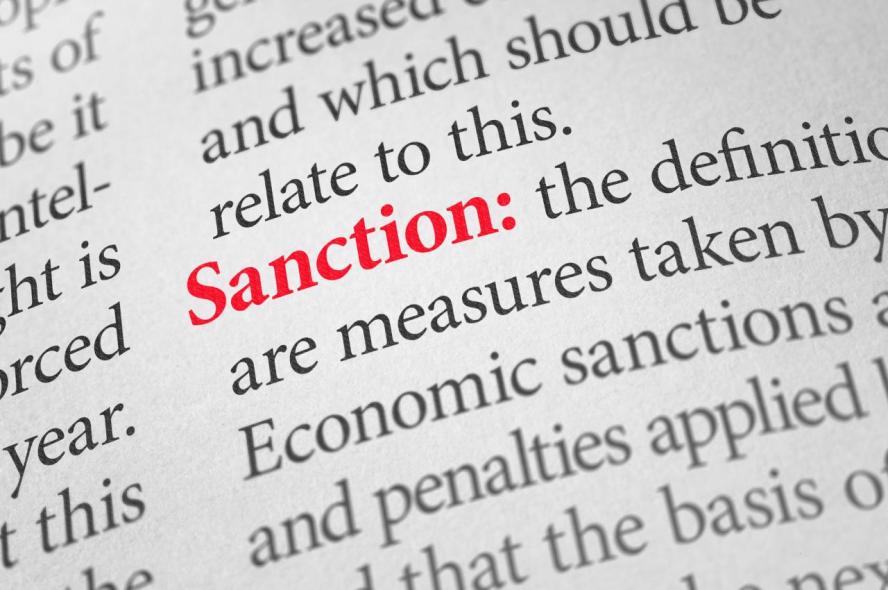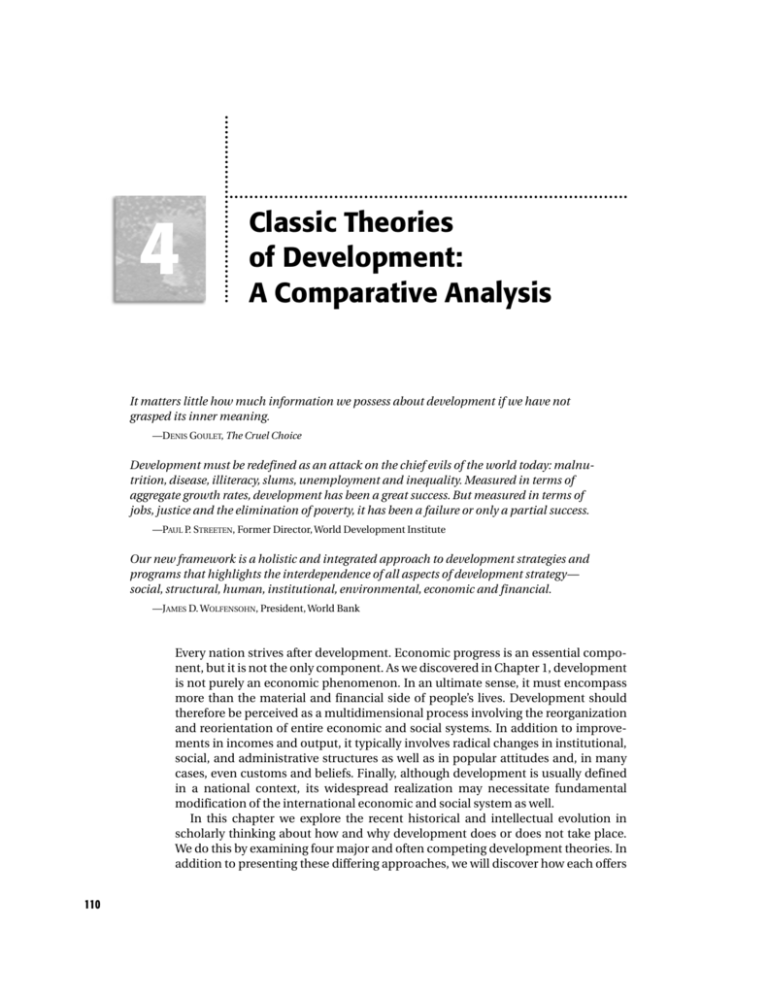
Global Economic Sanctions: Effectiveness and Consequences Explained for Beginners
In today’s interconnected world, countries often face complex challenges, from nuclear proliferation and human rights abuses to terrorism and regional conflicts. When diplomacy fails and military action is off the table, nations often turn to a powerful, non-military tool: economic sanctions.
But what exactly are economic sanctions? How do they work? And perhaps most importantly, are they truly effective, or do they often lead to unintended, sometimes devastating, consequences? This long-form article will break down the complex world of global economic sanctions, making it easy for anyone to understand their goals, mechanics, and real-world impact.
What Exactly Are Economic Sanctions? A Simple Explanation
Imagine a country, let’s call it "Nation A," wants to pressure another country, "Nation B," to change its policies or behavior. Instead of sending troops, Nation A decides to hit Nation B where it hurts: its wallet. This is the essence of economic sanctions.
Economic sanctions are defined as commercial and financial penalties applied by one or more countries against a targeted self-governing state, group, or individual. Think of them as a form of economic punishment or a "time-out" imposed on a country that isn’t playing by international rules.
These penalties aim to limit the target’s ability to engage in international trade, access global financial markets, or conduct business as usual, thereby creating economic hardship that is intended to force a change in behavior.
Why Do Countries Use Sanctions? The Goals Behind the Pressure
Countries don’t impose sanctions just for fun. They are a serious foreign policy tool, often considered a step before military intervention. The goals behind imposing sanctions are varied, but typically fall into these categories:
- To Change Behavior: This is the most common goal. For example, pressuring a country to stop developing nuclear weapons, improve human rights, or cease supporting terrorism.
- To Deter Future Actions: Sanctions can be used as a warning to other countries contemplating similar actions.
- To Signal Disapproval: Even if sanctions don’t immediately change behavior, they send a strong message of condemnation from the international community.
- To Impair Capabilities: Sanctions can weaken a target’s economy, making it harder for them to fund military actions, terrorist groups, or other undesirable activities.
- To Punish: Sometimes, sanctions are imposed simply to exact a cost for past actions, even if a change in behavior isn’t immediately expected.
- To Resolve Conflicts: Sanctions can be part of a broader strategy to bring parties to the negotiating table.
How Do Sanctions Work? The Mechanisms of Pressure
Sanctions aren’t a one-size-fits-all tool. They come in various forms, each designed to exert pressure in different ways:
- Trade Restrictions (Embargoes): This is perhaps the most well-known type. It involves banning or limiting the import or export of certain goods and services to and from the target country.
- Examples: Banning oil exports, restricting technology transfers, or prohibiting the sale of luxury goods.
- Financial Sanctions: These aim to cut off the target’s access to the global financial system.
- Asset Freezes: Blocking access to bank accounts and other financial assets held by individuals, entities, or the government of the sanctioned country in foreign banks.
- Restrictions on Loans/Investments: Preventing foreign banks and companies from lending money to or investing in the target country.
- SWIFT Disconnection: Cutting off a country’s banks from SWIFT (Society for Worldwide Interbank Financial Telecommunication), which is essential for international financial transactions.
- Travel Bans: Prohibiting specific individuals (e.g., government officials, business leaders) from entering the sanctioning countries.
- Arms Embargoes: Banning the sale or transfer of weapons and military equipment to a country.
- Sectoral Sanctions: Targeting specific parts of a country’s economy, such as its energy, mining, or financial sectors, rather than the entire economy.
- "Smart" or Targeted Sanctions: These focus on specific individuals, entities, or institutions believed to be responsible for the unwanted behavior, rather than broadly affecting the entire population. This includes:
- Individual Sanctions: Freezing assets and imposing travel bans on specific leaders, oligarchs, or military figures.
- Entity Sanctions: Targeting specific companies, banks, or government agencies.
Sanctions are often imposed by a single powerful country (unilateral sanctions), like the United States, or by a group of countries acting together (multilateral sanctions), such as the European Union or the United Nations Security Council. Multilateral sanctions are generally considered more effective because they present a united front and are harder for the target to evade.
The Effectiveness Debate: Do Sanctions Actually Work?
This is the million-dollar question, and the answer is rarely a simple "yes" or "no." The effectiveness of sanctions is a subject of intense debate among policymakers and experts.
When Sanctions Can Be Effective: Conditions for Success
Sanctions are more likely to achieve their desired outcome under certain conditions:
- Clear and Achievable Goals: When the demands placed on the target country are specific, measurable, and realistic.
- Multilateral Support: When many countries participate, it’s harder for the target to find alternative trade partners or financial avenues.
- Vulnerability of the Target: If the target country is heavily reliant on international trade, foreign investment, or specific imports, sanctions can have a greater impact.
- Specific and Targeted Design: "Smart" sanctions that minimize humanitarian harm while maximizing pressure on decision-makers tend to be more palatable and sustainable.
- Strong Enforcement: Sanctions need to be consistently monitored and enforced to prevent evasion.
- Internal Pressure: If sanctions create enough economic hardship to spark internal dissent or pressure on the leadership, they are more likely to succeed.
Examples of Perceived Successes (Often Partial or Context-Dependent):
- South Africa (Apartheid Era): International sanctions, including arms embargoes and financial restrictions, played a significant role in pressuring the apartheid regime to dismantle its discriminatory system. This was a long-term effort with broad international consensus.
- Iran (Nuclear Program – JCPOA): Severe international sanctions on Iran’s oil exports and financial sector were widely credited with bringing Iran to the negotiating table, leading to the 2015 Joint Comprehensive Plan of Action (JCPOA) that limited its nuclear program. (Though this agreement later faced challenges and the sanctions were reimposed).
- Libya (Lockerbie Bombing): UN sanctions imposed after the 1988 Lockerbie bombing eventually led Libya to surrender the suspects for trial and accept responsibility, though this took many years.
Challenges and Limitations: When Sanctions Don’t Work
Despite their potential, sanctions frequently fall short of their goals due to various reasons:
- Evasion and Smuggling: Sanctioned countries often find ways to bypass restrictions through illicit trade, smuggling, or developing alternative supply chains.
- Resilience and Self-Sufficiency: Some countries may respond to sanctions by developing their own industries or seeking alliances with non-sanctioning countries, becoming more self-reliant.
- Humanitarian Crisis: Broad, comprehensive sanctions can disproportionately harm innocent civilians, leading to shortages of food, medicine, and essential goods. This can undermine public support for sanctions and even strengthen the targeted regime by allowing it to blame foreign powers for the suffering.
- Regime Entrenchment: Instead of weakening a regime, sanctions can sometimes strengthen it by fostering a "siege mentality" and allowing leaders to rally public support against a perceived foreign threat.
- Lack of Unilateral Impact: If only one country imposes sanctions, the target can often simply shift its trade to other nations.
- Unintended Economic Costs: Sanctions can also hurt the businesses and economies of the sanctioning countries due to lost trade opportunities.
- Moral Hazard: Sanctions can sometimes push desperate countries to pursue even more dangerous activities, like nuclear proliferation, as a form of deterrence against future pressure.
Examples of Perceived Failures or Limited Effectiveness:
- Cuba: The US embargo against Cuba has been in place for over 60 years, yet the Cuban government remains in power, and its policies have not fundamentally changed in the way the US initially intended.
- North Korea: Decades of severe international sanctions have not stopped North Korea’s nuclear and missile programs. The regime has proven highly resilient and adept at evading restrictions.
- Venezuela: Extensive US sanctions on Venezuela’s oil industry and government have exacerbated an already severe economic crisis, contributing to widespread poverty and migration, but have not led to a change in leadership.
The Far-Reaching Consequences of Sanctions
Beyond the question of effectiveness, sanctions carry significant consequences, impacting not just the target country but often the sanctioning countries and the global economy as well.
Consequences for the Target Country: A Heavy Toll
- Economic Hardship:
- GDP Decline: Sanctions can drastically shrink a country’s economy.
- Inflation: Prices for goods and services skyrocket as imports become scarce and local currency devalues.
- Unemployment: Businesses shut down due to lack of materials or markets, leading to job losses.
- Poverty: Increased poverty rates as people lose their livelihoods and purchasing power.
- Humanitarian Crisis:
- Food Shortages: Restrictions on imports can lead to a lack of essential food supplies, causing hunger and malnutrition.
- Medicine and Healthcare Shortages: Sanctions can block access to vital medicines, medical equipment, and supplies, leading to a decline in public health and increased mortality rates.
- Limited Access to Clean Water/Energy: Infrastructure decay due to lack of spare parts or funding can disrupt essential services.
- Political Impact:
- Increased Repression: Regimes may crack down harder on dissent, blaming sanctions for internal problems.
- Rise of Black Markets: Illicit trade often flourishes, enriching corrupt officials and criminal networks.
- Nationalism and Anti-Foreign Sentiment: Sanctions can be used by the government to rally public support against the sanctioning powers.
- Migration: Economic hardship and lack of opportunity can force large numbers of people to flee the country.
Consequences for the Sanctioning Country and the Global Economy: The Boomerang Effect
Sanctions are not without costs for those who impose them:
- Economic Costs:
- Lost Trade Opportunities: Businesses in sanctioning countries lose access to markets and resources in the target country.
- Retaliatory Measures: The sanctioned country might impose its own counter-sanctions or restrict access to its markets for goods from sanctioning nations.
- Impact on Global Supply Chains: Sanctions on key producers (e.g., oil, rare earth minerals) can disrupt global supply chains and lead to price increases worldwide.
- Diplomatic Strain:
- Alienating Allies: Unilateral sanctions can strain relationships with allies who disagree with the policy or are hurt by its economic fallout.
- Pushing Targets Closer to Adversaries: Sanctioned countries might seek closer ties with rival powers, undermining broader diplomatic goals.
- Reputational Risk: If sanctions lead to severe humanitarian crises, the sanctioning countries may face international criticism and reputational damage.
- Legal Challenges: Companies sometimes face legal challenges if they are caught violating sanctions or if they believe sanctions are unfairly impacting their business.
Targeted vs. Comprehensive Sanctions: A Key Distinction
The debate around effectiveness and consequences has led to a significant shift in how sanctions are designed.
- Comprehensive Sanctions: These are broad restrictions affecting almost all economic activity with a target country. They aim to cripple the entire economy.
- Pros: Can exert immense pressure.
- Cons: High risk of humanitarian crisis, often harm the general population more than the leadership, and can be difficult to lift.
- Targeted ("Smart") Sanctions: These focus on specific individuals, entities, sectors, or activities. The goal is to maximize pressure on the decision-makers while minimizing harm to the innocent population.
- Pros: Less likely to cause widespread humanitarian suffering, potentially more politically sustainable, can be more easily adjusted.
- Cons: Can be harder to implement and enforce, may require extensive intelligence to identify the right targets, and sophisticated targets can often find ways to evade them.
The trend in recent decades has been towards more targeted sanctions, as policymakers recognize the severe humanitarian costs and limited effectiveness of broad embargoes.
The Future of Global Sanctions
Economic sanctions remain a cornerstone of international foreign policy. As geopolitical landscapes shift, so too will the application and design of sanctions.
- Increased Use of Cyber Sanctions: Targeting a country’s digital infrastructure or individuals involved in cyber warfare is a growing area.
- Focus on Corrupt Elites: More emphasis on targeting the assets and travel of individuals close to regimes, rather than entire economies.
- Multilateralism: The importance of international cooperation in imposing and enforcing sanctions will likely continue to grow, as unilateral actions often have limited reach.
- Technological Challenges: The rise of digital currencies and new financial technologies could create new avenues for sanctions evasion, requiring constant adaptation from sanctioning bodies.
- Humanitarian Considerations: There will be ongoing debate about how to design sanctions that are effective in achieving foreign policy goals while minimizing harm to civilians.
Conclusion: A Complex Tool with Powerful Implications
Economic sanctions are a powerful, non-military tool in international relations. They offer a way to exert pressure, signal disapproval, and potentially bring about policy changes without resorting to armed conflict. However, they are far from a perfect solution.
Their effectiveness is highly debated and dependent on numerous factors, from the specific goals and design of the sanctions to the resilience and external support of the target country. Moreover, sanctions come with significant, often severe, consequences, particularly for the innocent populations within the targeted nations, and can also have a boomerang effect on the global economy.
Understanding economic sanctions means appreciating their complexity: they are a double-edged sword, capable of both achieving foreign policy objectives and inflicting widespread suffering, underscoring the critical need for careful consideration and continuous evaluation of their use.




Post Comment